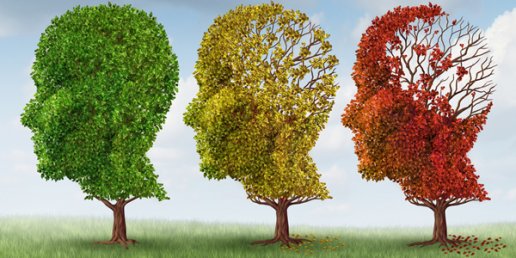Posts Tagged ‘Eli Lilly’
The Good, the Bad and the Ugly of Applied Neuroscience and Neurotechnology
After a very busy month, it’s time now for SharpBrains e‑newsletter to summarize the latest initiatives, tools and ideas for lifelong brain health and mental fitness — and to share a few puzzles and illusions to tease your brain. ? A growing number of classrooms in China are equipped with artificial-intelligence cameras and brain-wave trackers. Video:…
Read MoreApple/ Eli Lilly’s bet: Wearable and mobile consumer devices may well help us detect cognitive impairment and dementia
__________ Apple, Eli Lilly research whether devices can detect dementia signs (Healthcare Dive): “Dementia, which affects roughly 47 million people across the globe, costs $1 trillion worldwide, according to the World Health Organization. Early testing for the condition is sporadic and, when conducted, it’s often not sensitive enough to detect early stages of mental decline, creating…
Read MoreNew studies reinforce Education and Cognitive Reserve –instead of drugs targeting beta amyloid– as most promising avenue to prolong cognitive health and reduce dementia risk
Dementia Risk Declines, And Education May Be One Reason Why (NPR): “Some encouraging news in the battle against Alzheimer’s disease and other forms of dementia: The rate at which older Americans are getting these conditions is declining. That’s according to
Read More


